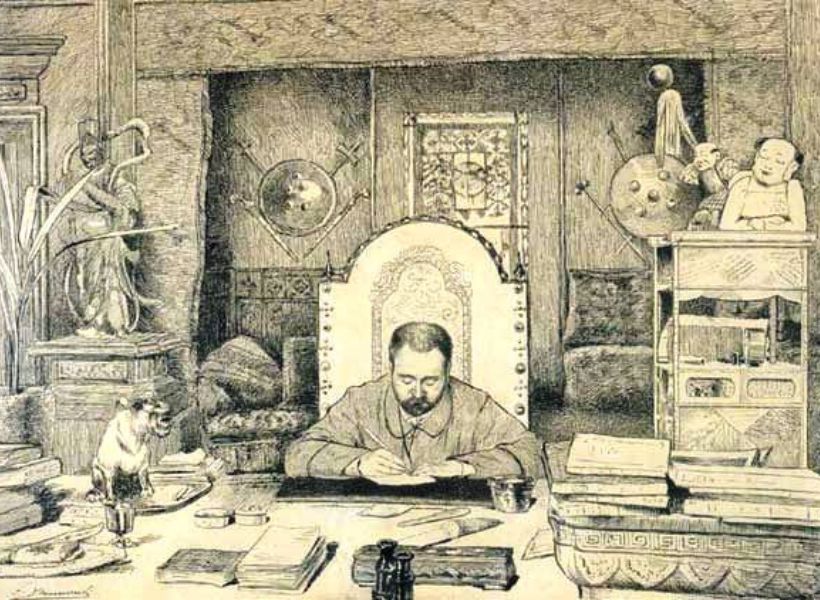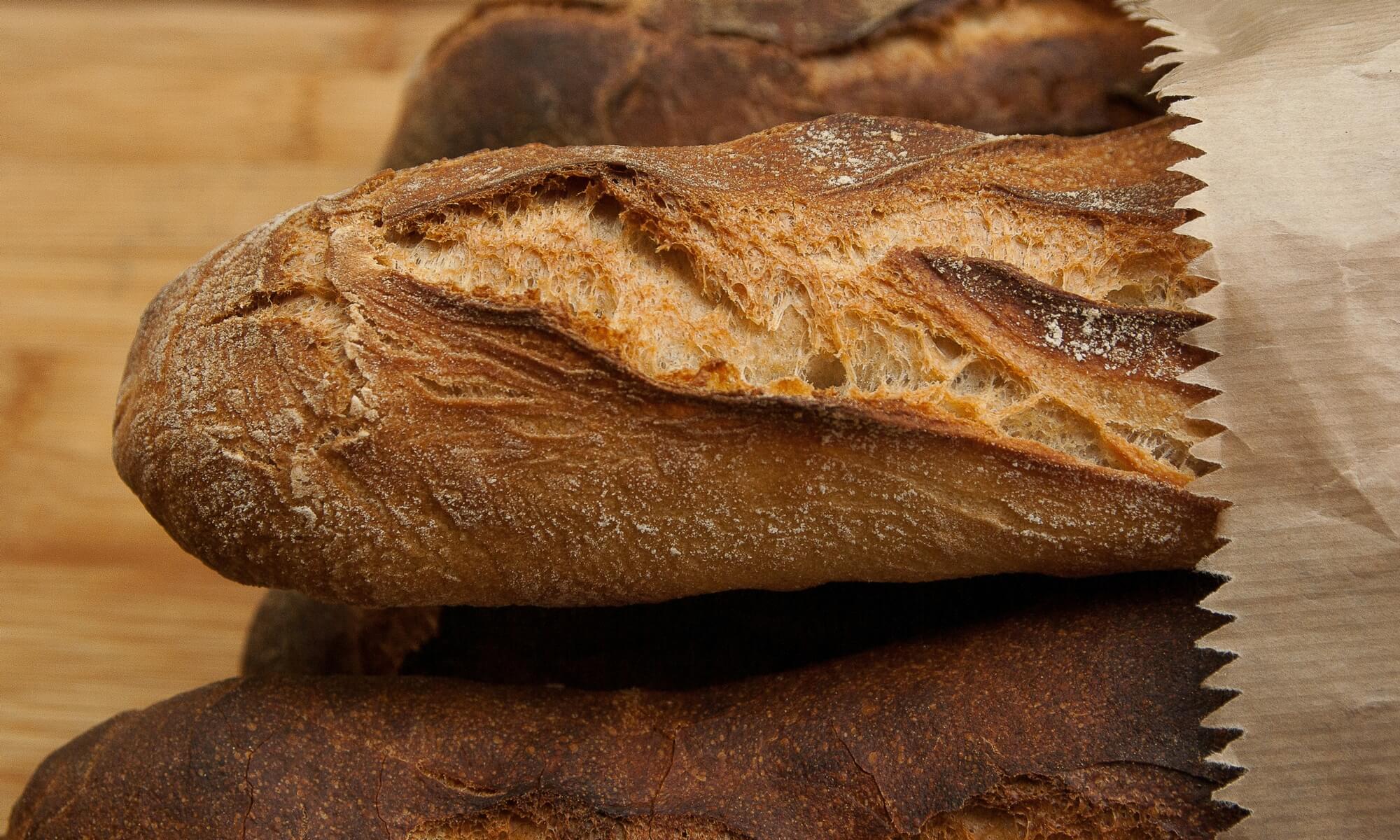This post contains affiliate links, meaning I get a commission if you decide to make a purchase through my links, at no cost to you. Please read my disclosure page for more details.
Category: French Culture
This episode features our frequent and very popular guest Elyse Rivin. If you enjoy her episodes, please consider supporting her on Patreon.
Who Was Émile Zola and Why Does He Still Matter?
Have you ever wondered how one writer could change the way we see literature, politics, and even justice in France? That’s what this episode of the Join Us in France Travel Podcast is all about. Host Annie Sargent and guest Elyse Rivin dive into the life of Émile Zola, his scandals, his friendships, and his legacy. If you’re looking for a complete overview of Émile Zola's life, you’re in the right place.
Listen to this episode ad-free
Early Life and Struggles
Zola was born in 1840 in Paris. His father died when he was still a boy, leaving the family in poverty. He grew up in Aix-en-Provence, where he became friends with Paul Cézanne, the painter. That friendship shaped both of their lives. But money was always tight, and Zola had to find his way through journalism and early novels before fame arrived.
When people search for an Émile Zola biography, they often want to know how he went from obscurity to the most famous novelist of his time. The answer lies in hard work, determination, and an eye for the truth about society.
The Rougon-Macquart Series
Zola’s great achievement is his 20-novel cycle known as the Rougon-Macquart series. Each book tells the story of a different branch of a French family under the Second Empire. The novels look at miners, prostitutes, shopkeepers, and even soldiers.
If you’ve heard of Germinal, Zola’s novel about coal miners, you know how powerful his writing could be. He didn’t turn away from the dirt, the hunger, or the struggle. That’s why his books still matter today. When you read an Émile Zola biography, you quickly see how much of his own life fed into his fiction.
- La Fortune des Rougon – The Fortune of the Rougons (1871)
- La Curée – The Kill (1871-1872)
- Le Ventre de Paris – The Belly of Paris (1873)
- La Conquête de Plassans – The Conquest of Plassans (1874)
- La Faute de l'Abbé Mouret – The Sin of Abbé Mouret (1875)
- Son Excellence Eugène Rougon – His Excellency Eugène Rougon (1876)
- L'Assommoir – The Dram Shop or The Drinking Den (1877)
- Une Page d'amour – A Love Episode (1878)
- Nana – Nana (1880)
- Pot-Bouille – Pot Luck or Piping Hot (1882)
- Au Bonheur des Dames – The Ladies' Paradise (1883)
- La Joie de vivre – The Joy of Life (1884)
- Germinal – Germinal (1885)
- L'Œuvre – The Masterpiece (1886)
- La Terre – The Earth (1887)
- Le Rêve – The Dream (1888)
- La Bête humaine – The Beast Within or The Human Beast (1890)
- L'Argent – Money (1891)
- La Débâcle – The Downfall or The Debacle (1892)
- Le Docteur Pascal – Doctor Pascal (1893)
Naturalism and Scandal
Zola created a new way of writing called naturalism. He wanted novels to be like scientific experiments. He studied society, then put characters into situations to see how they reacted. That shocked some readers. Others loved his fearless approach.
Of course, scandal followed him. He lived a double life with his mistress Jeanne Rozerot, who gave him two children. His wife Alexandrine eventually accepted them into the family, but the story made headlines in his time and is a key part of any Émile Zola biography.
Zola and the Dreyfus Affair
Zola’s name is also tied forever to the Dreyfus Affair. Captain Alfred Dreyfus, a Jewish officer in the French Army, was wrongly accused of treason. Many in France accepted the false charges. But Zola refused to stay silent.
He published “J’Accuse” in 1898, an open letter accusing the French government and army of corruption and antisemitism. It was risky. He faced lawsuits and fled to England for a time. But his action turned the tide. The Dreyfus Affair changed France forever, and Zola became a symbol of courage and justice.
Exile, Death, and Panthéon
Zola’s final years were full of both success and stress. He returned from exile in England but lived under constant attack from his enemies. In 1902, he died suddenly from carbon monoxide poisoning in his Paris home. Many believe it was not an accident.
Years later, his body was moved to the Panthéon in Paris, where France honors its greatest citizens. Today visitors can see his tomb near Voltaire and Rousseau. For anyone traveling in Paris and interested in literature, the Panthéon is a must-see stop.
Why Zola Still Matters
So why should we care about Zola today? His novels pull us into the real lives of ordinary people in 19th-century France. His courage during the Dreyfus Affair still inspires those who fight for justice. And his complicated personal life reminds us that even great men have flaws.
If you want to understand France’s history, culture, and literature, Zola is essential. Reading an Émile Zola biography is one way to start. But listening to Annie Sargent and Elyse Rivin discuss his life makes the story come alive.
Listen to the Episode
This blog post is just the beginning. In Episode 560, Annie and Elyse go deeper into Zola’s novels, his friendships, his scandals, and his legacy. They give context that no short article can provide.
Listen to the full episode: Émile Zola: The Life, Legacy, and Scandal of France’s Most Influential Writer.
Table of Contents for this Episode
More episodes about French culture
#EmileZola, #EmileZolaBiography, #FrenchLiterature, #DreyfusAffair, #JAccuse, #RougonMacquart, #Germinal, #Naturalism, #PaulCezanne, #FrenchHistory, #FrancePodcast, #TravelFrance, #FrenchCulture, #ParisHistory, #HistoryPodcast, #FranceTravelTips, #LiteraryFrance, #ParisPodcast, #Francophile, #JoinUsInFrance
FOLLOW US ON:
Subscribe to the Podcast
Apple YouTube Spotify RSSSupport the Show
Tip Your Guides Extras Patreon Audio Tours
Read more about this episode
TranscriptCategory: French Culture



